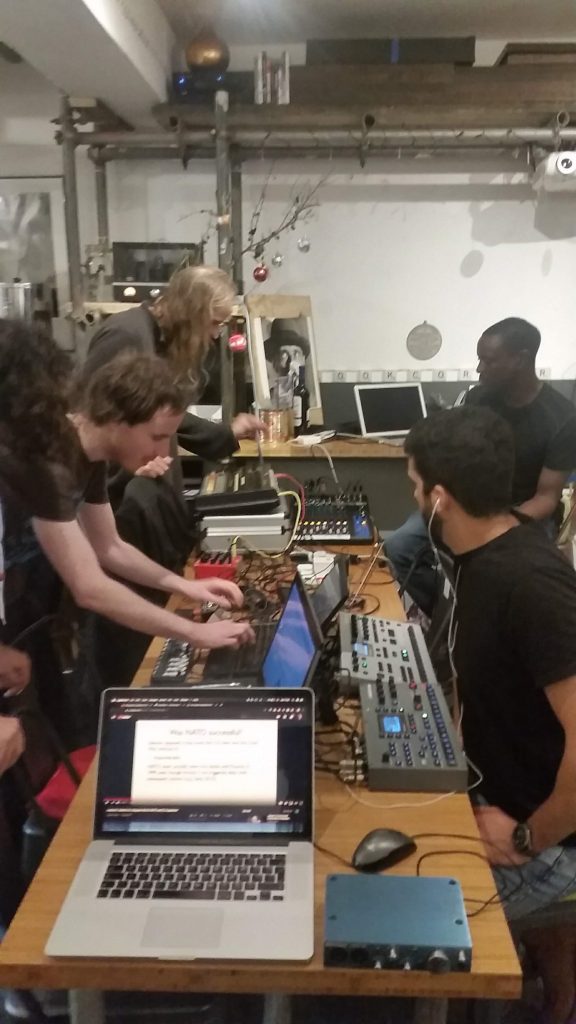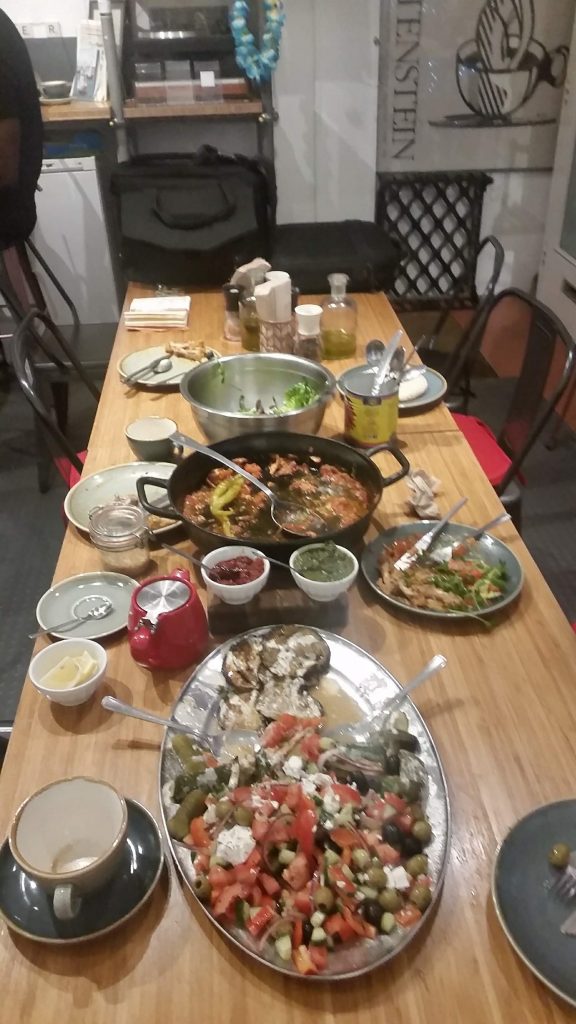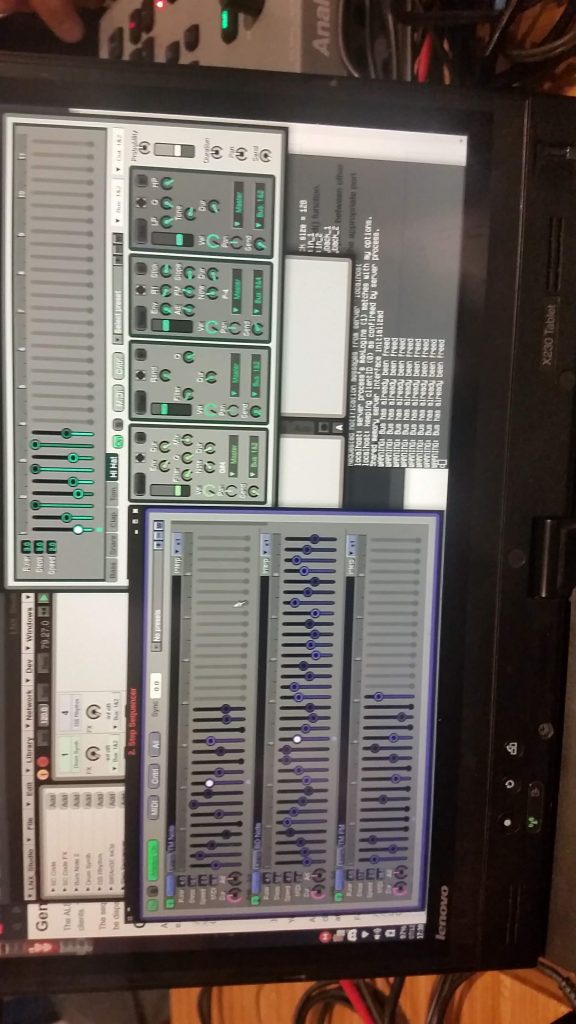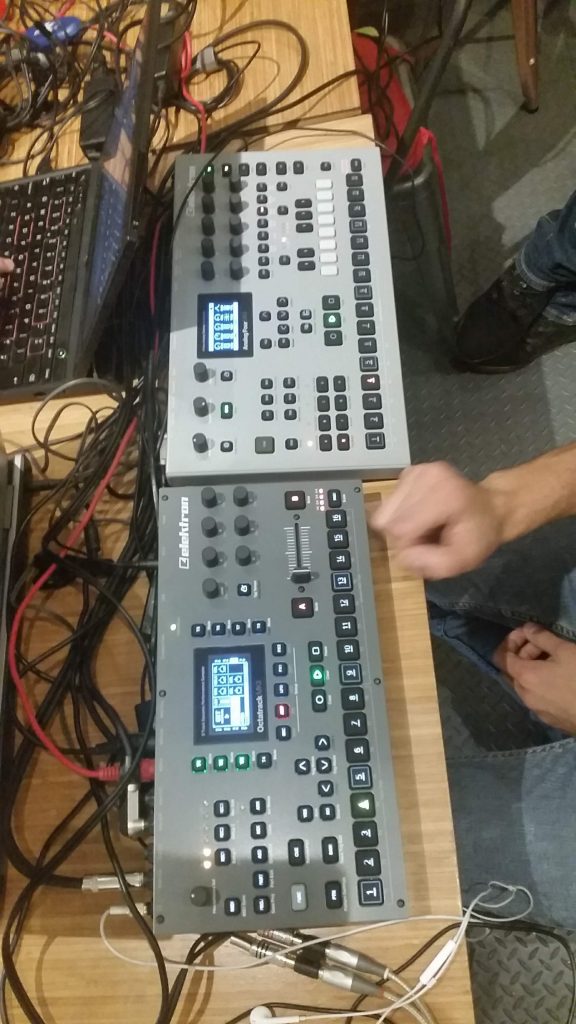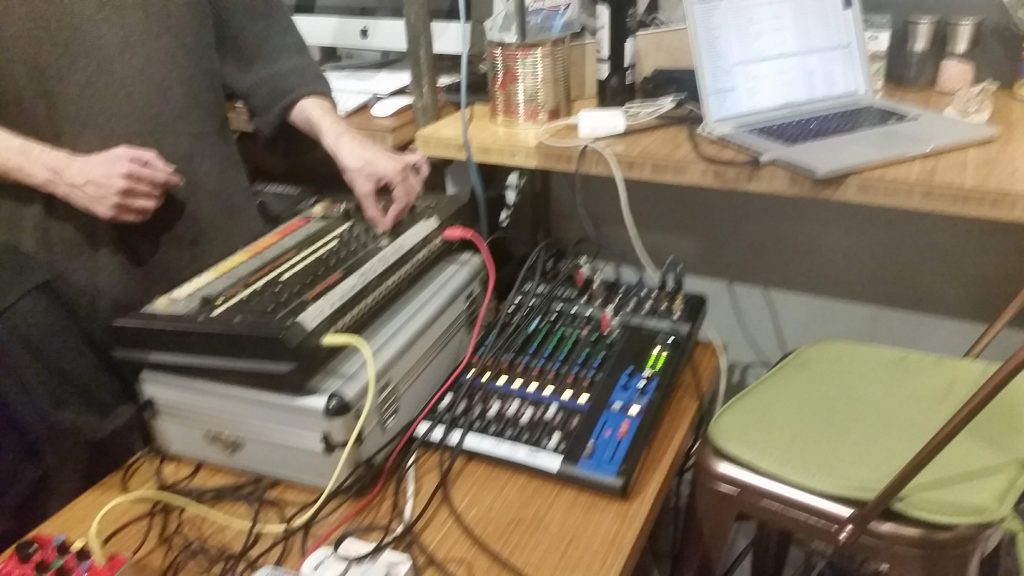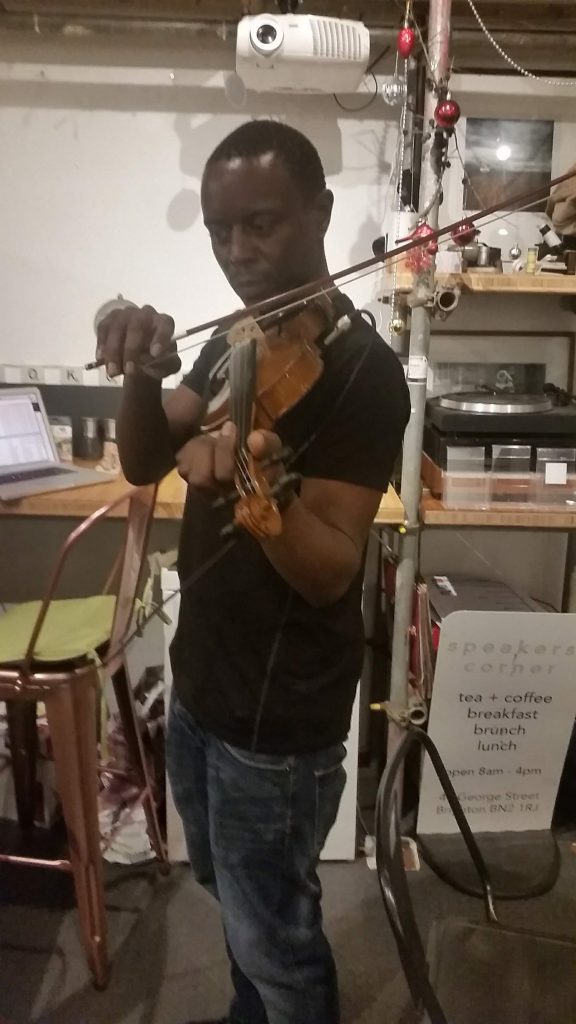A stroll in the park on a lazy Sunday afternoon.
All posts by Carl
Christmas Camera Review
In the run-up to Christmas we will be reviewing a whole range of stocking fillers for readers to chew over before dipping their hands into their pockets and doing their bit to combat the recession. This week we review two popular cameras at the ends of the range: the Tweetie Pie 5.5 Terapixel hand-held camera from Penchan and NASA’s in-orbit astronomical camera known as the “Hubble Space Telescope”.
We did a poll of readers and asked them what their preferences were for a digital camera and what they thought they could afford to buy a loved one this Christmas. Readers’ concerns focussed (ha ha) mainly on the following aspects:
• Performance
• Quality
• Ease of use
• Documentation
• Reliability & Guarantees
• Cost & Availability
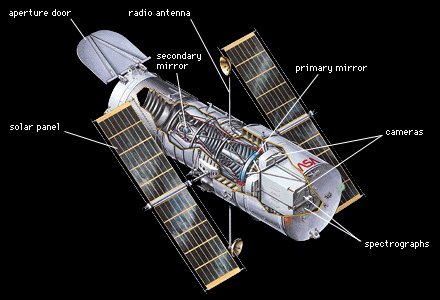
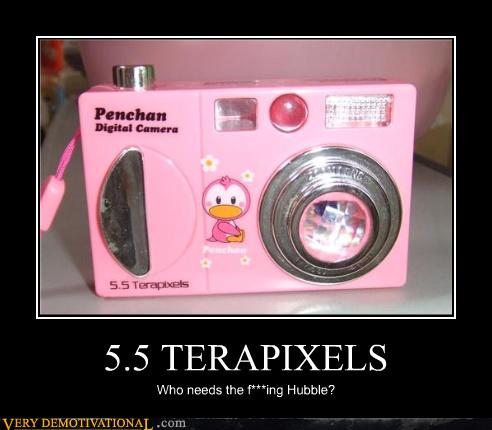
Performance.
It’s not just the resolution of the CCD array chip in the focal plane; it’s a whole raft of technologies, conditions and facilities which make the Hubble telescope infinitely superior to the Tweetie Pie. Taking lenses, stability, atmospheric distortion, light pollution, electronic noise reduction and subsequent image processing facilities into account, there really is no comparison between the two cameras and we have to give the Hubble a well deserved five billion stars and the Tweetie Pie a poultry (ho ho) one star.
Quality.
Given the harsh conditions the Hubble has to endure (especially during launch aboard the now retired Space Shuttle) and the almost unlimited funds available, it is no surprise that the quality of workmanship, materials, manufacture and testing of the Hubble are second to none. The Daffey Duck comes in a poor second here with its Barbie-doll artwork and its cheap plastic controls. Once again, we must give most of the points to the Hubble.
Ease of Use.
Despite its high specification and wide appeal, the Hubble Space Telescope is remarkably difficult to use and, worse still, difficult to get access to. Because of the stringent safety and security regulations, it is almost impossible for the average person to get authorisation to use the instrument, let alone navigate the maze of procedures needed to operate it. Even when all these hurdles have been surmounted, the pictures have to be transmitted to terrestrial ground stations and decoded, which is both expensive and time consuming. The Tweetie Pie on the other hand has no such restrictions and comes with a fully automated “dummies” mode for beginners and a USB plug’n’play adaptor. Five stars to Penchan, nil to NASA.
Documentation.
There are no public data on the Hubble documentation, but it is estimated there are over 200,000 pages of specifications and test results and approximately 12,000 procedures. The Penchan Huey and Dewey comes with a 25 page user manual and a handy pocket-sized guide for use in the field. Again, full marks to Penchan, nul points to NASA.
Reliability & Warrantees.
It is well known that the Hubble suffered flaws in the main optics, problems with gyroscopes and the breakdown of some of its specialised instruments. These were repaired in four shuttle missions at a cost of around a billion dollars (630 million pounds). There were no warranties and the mission was uninsurable. The Tweetie Pie has a five year guarantee and can be serviced at your local camera dealer.
Cost & Availability.
The Hubble Space Telescope programme cost approximately 2.2 billion dollars by the launch date and a further billion on repairs. It is not for sale, but can be hired for approximately £2,000 an hour, plus a further cost of £200 per gigabit of downlinked & processed data. The Tweetie Pie costs £45 from Amazon, with an extra £12 for a carrying case and USB connector.
Conclusion.
The Hubble Space Telescope is not for the beginner or the faint-hearted. Those wishing to display largesse at Christmas should realise they may be giving their loved one the biggest headache of their life (remember, no more shuttle missions!). We suggest that, unless they are an established astronomer with an international reputation, you should either buy them a small terrestrial telescope starter kit (see next week’s review) or get them the Penchan Tweetie Pie. But please bear in mind: those hoping to take Hubble quality pictures of far-off galaxies with the digital Daffey in their Christmas stocking are set to be disappointed. Our final word on the matter is:
“You get what you pay for!”
New Humour category launched today
Today sees the launch of the new humour category, with three entries in the “fake news” genre copied so successfully by the satirical website The Daily Mash.
BT Engineers Empathetic
British Telecom has finally shown some empathy after thirty-one year old brunette Tracy Goodman’s “superfast” broadband was found to be only 20 Mb/s instead of the 120 Mb/s touted in the telecom giant’s marketing campaign . BT engineers in York apologised for the poor performance and said the promised bandwidth would be delivered “quicker than it takes to understand our terms and conditions”. Good luck with that one, Trace.
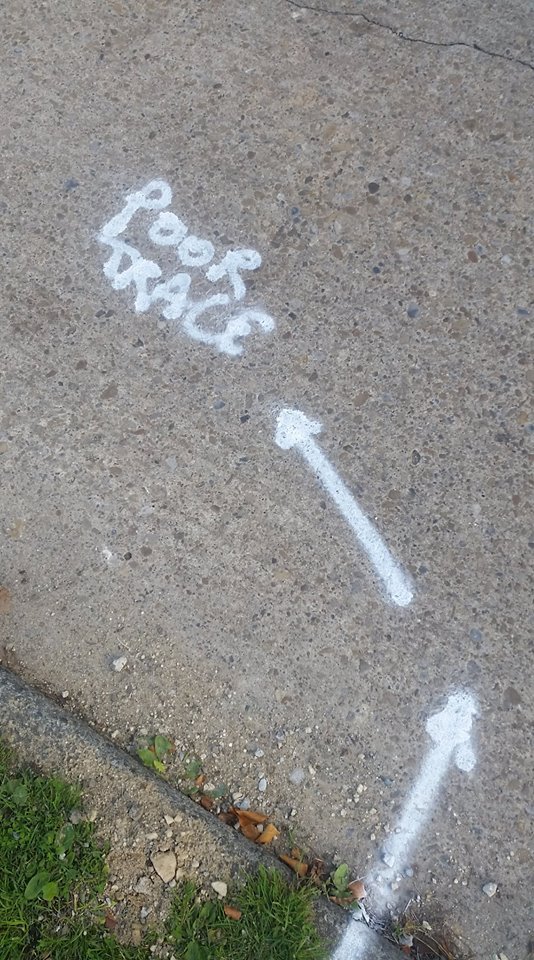
More Bums on Seats
Gender-neutral all-weather toilets are being installed along the A270 Lewes Road for students at Brighton University. This is the result of months of campaigning to reduce waiting times from an average forty-five minutes to the government’s benchmark ten minutes. A student spokesperson said he was “pleased with the result” but “disappointed that the university had done so little to help”. The first flush is scheduled for the week before term starts, allowing time for engineers to perform extensive testing before doing a final system dump.
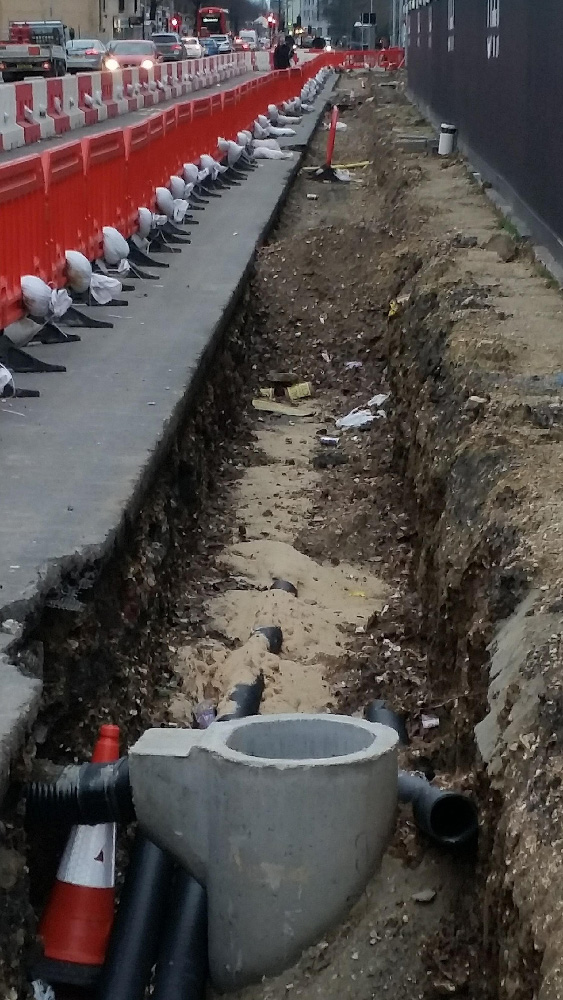
Munich Club Brawl
This newspaper cutting from the archive.

Democracy – a new model
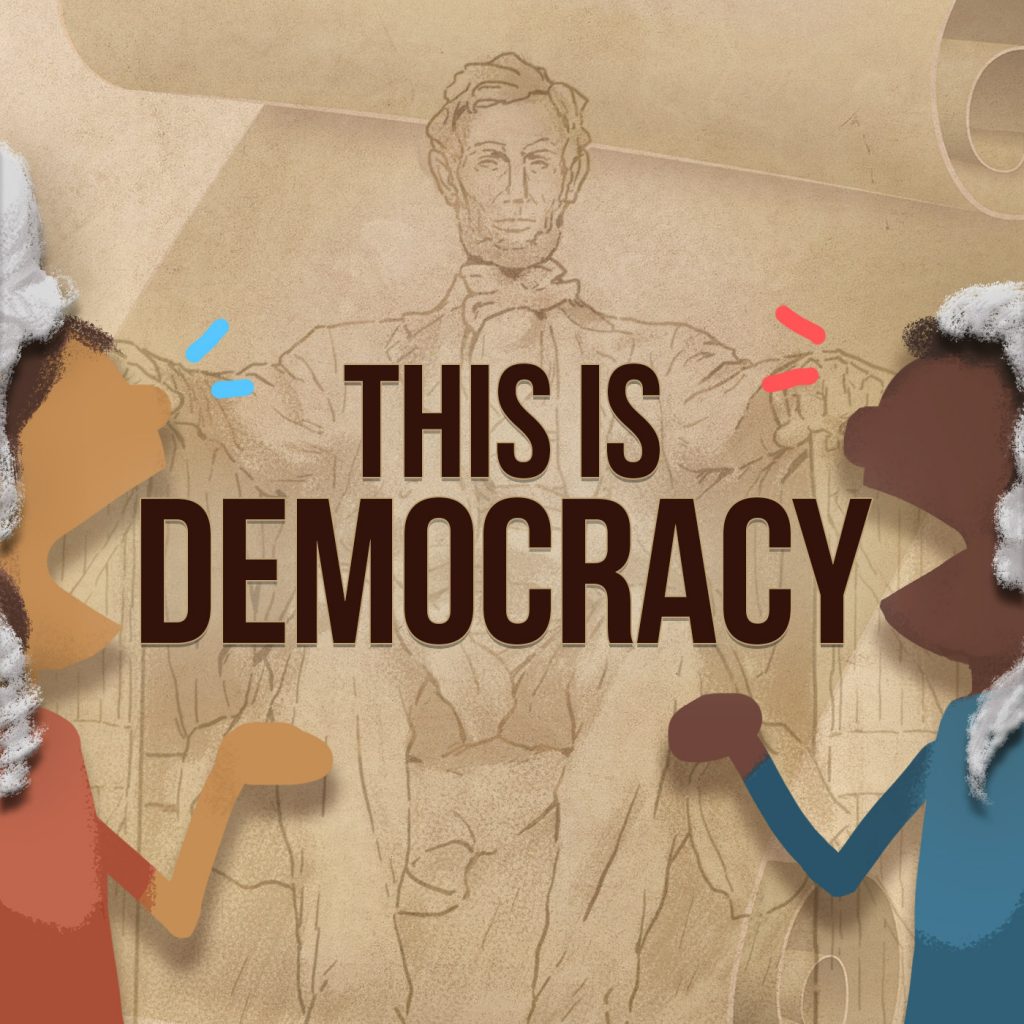
As a perennial non-voter (although I did actually vote once back in the seventies and I did vote yesterday), I feel in a good position to provide unbiased comment on the current system and to propose a way forward appropriate to twenty-first century Britain. I did actually send this to the Electoral Reform Society but I got no response!
Purpose
As I see it, elections are about identifying issues, taking positions on them and grouping them into convenient bundles called political parties. These parties propose various ways to achieve objectives related to these positions and then spend vast amounts of time and money trying to persuade us to vote for them and give them real power.
Good reasons for not voting can be summarised as:
- I am not impressed by the vast majority of people whose position on many things is determined by an ill-informed gut reaction or the regurgitation of tired old dogma (Facebook provides too many examples of this). I seldom feel qualified to actually vote on any issue; this is hampered further by the fact that even if I know where I stand, I don’t feel right voting for purely selfish reasons; I have to consider the greater good, which takes a lot of thought.
- As for political parties, I just can’t get interested enough to care who wins an election. They’re mostly about personalities and vote-catching sound-bites. They all have good and bad points, usually middle of the road, differing only in implementation and presentation. As a result, I don’t know enough about the parties or their champions to determine whether any of them represents my views sufficiently well to vote for.
I won’t propose anything as radical as dismantling the party system, rather a pragmatic and more high tech approach for enhancing the existing democratic process.
So how do we make things better? How can we make people like me go out and vote … meaningfully?
Preparation for Voting
To be well informed enough to take a stand on any issue requires a certain level of engagement: your own personal experiences, paying attention to the media, discussions with friends, relatives and colleagues, doing your own research through reading and looking things up on the internet etc., above all keeping an open mind until it’s time to form an opinion. There is no way round this, it is everyone’s basic homework; even I can do that.
After that it gets a little trickier so, rather than writing a thesis on the shortcomings of the existing democratic process, I will cut straight to the chase. Consider a website with the following features:
Personal login. Create your own profile by filling in a questionnaire on a range of issues addressed by political parties and politicians. Create your own issues. This information is kept private but is used in creating statistics which are public. You can update this any time. You can see issues created by other people.
Political parties have a similar profile, reflecting their manifesto. This knowledge is public.
Actual and prospective politicians also have profiles which are public knowledge.
Profile matching. Using technology developed for internet dating, you and the politicians are matched against the available parties and each other so you can see how well you are matched, the differences and commonalities. You can see how well politicians and parties are matched to the general public (assuming membership of this website is extensive). This will give a much better indication of who to vote for than conventional methods.
The software can provide “what if” scenarios, suggesting new parties and alliances, changing politicians from one party to another and keeping track of the quality of matches. This makes it possible to design new parties that reflect the interests of the public, rather than historical precedent, and their likely success in an election. The possibilities are endless.
Virtual elections and referendums. Statistics compiled from user profiles will provide a continuous referendum and polling mechanism. To make things more interesting, you can take part in virtual elections and referendums on a regular basis. The results are presented in real-time as the votes come in.
Standard social networking features such as news feeds, forums, discussion groups, activities, dating, advice etc.
This kind of website would make disinterested people like me sit up, take notice and feel part of a developing culture which is evolving in real-time right in front of your eyes. Democracy in action as the ultimate social network.
Voting
We already have the technology for doing this, so I’m not going to go on about online voting, digital signatures and internet security etc. or anything else that requires radical re-engineering and education. There is an infrastructure in place for collecting the votes of millions of people all around the country and processing them in real-time every week. It is called the National Lottery. Using this could put an end to traditional polling stations, polling and the endless speculation and commentary by overexcited pundits and politicians. Of course it would need modifications and measures to limit fraud, but it is basically already there. The following modifications would be enough to ensure a smooth, accurate, open and fast process for voting in elections and referendums:
People on the electoral register receive a bar code by post or email.
Voters take their bar code to their local National Lottery outlet and get a card printed with the voting choices on it.
Voters mark the desired boxes and hand the card back to be read by the National Lottery card reader.
New software in the National Lottery database collects the results and publishes them in real-time on the internet.
That’s it!! Simple. I’d vote for that.
© 2019 Carl Nicholson. All rights reserved.
“Sundays” – world premiere today!
Today sees the release of the new track “Sundays”. This is the first track I’ve done since I moved to Brighton that I consider worth publishing. Enjoy!
Brighton Pianists – Performance
Brighton Electronic (UK) Chilled Out Jam Sesh
